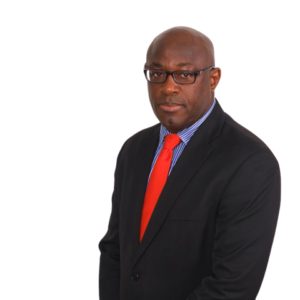
Public service is an honourable endeavour and those who engage, or aspire to engage, therein, are to be commended and supported on all fronts, provided their activities are legal and ethical, and advance the public’s best interests. In many cases, engagement in public service requires that one choose a political side, although many public servants do not need to and are in fact barred, by statute, from publicising their political sides. But for others not only is it inevitable but is the expected and ethical thing to do to build trust and bolster transparency.
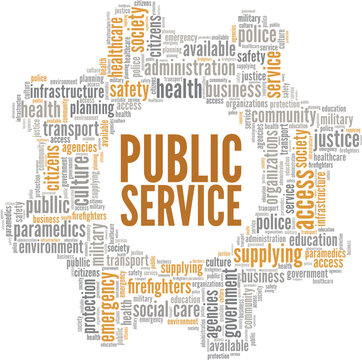
For those who choose public service and are expected to declare their political side either because it is inevitable or ethical, their words and deeds, now public, can legitimately become the subject of public discourse and critique.
For those who choose public service and are expected to declare their political side either because it is inevitable or ethical, their words and deeds, now public, can legitimately become the subject of public discourse and critique.
Senator Keith Duncan
Senator Keith Duncan has been appointed a government senator and is to be congratulated for stepping forward to serve in this role. He previously served as co-chair of the Economic Programme Oversight Committee (EPOC) and more recently as Chair of the Fiscal Commission. Duncan’s CV for service in his current role as senator is unquestionable and I expect that he will be assuming bigger roles in government in short order.
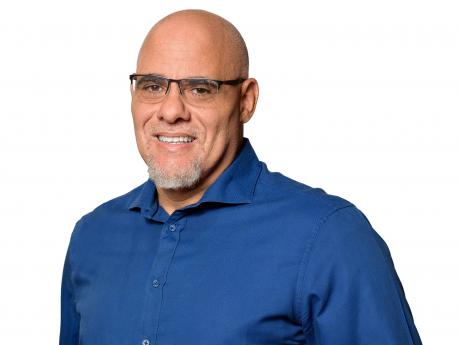
(I feel constrained to mention – as a footnote – that Keith and I have had several exchanges in which we debated various issues about the Jamaican society and economy. The company he heads – founded by his late mother – is featured in my 2013 and 2024 books (Leadership Reimagination: A Primer of Principles and Practices and Reimaginative Leadership: Concepts and Applications) in which I elevate as an application of leadership reimagination and reimaginative leadership, JMMB’s commitment to values of accountability, compassion, inclusivity, integrity, trust, care for others, and a vision of love. Each book contains a chapter with major contributions from his sister Donna Duncan-Scott).
Some legitimate questions, though
Keith Duncan, in defending his decision (to accept the invitation to become a government senator) asserts that he is a “free thinker”, suggesting that he will not conduct himself as a diehard, but will look at issues through the lenses of his independent mind. Time will tell. But there are obvious areas of commonality between the former EPOC Co-Chair’s views on the economy and that of the government, so there should not be difficulty there. And Duncan has said as much, namely that the commitment of the Jamaica Labour Party (JLP) to fiscal discipline is one of the factors that swayed his decision. This assertion, however, raises at least three questions / issues, in my view.
The first question is whether Duncan’s assertions can be reasonably read as implying that the People’s National Party (PNP) is not committed to fiscal discipline. In my opinion, his statement could be so read. If this is a correct reading then the statement is misleading as the current path of fiscal discipline on which Jamaica is, was commenced and codified into law by the PNP administration of 2012 – 2016. Thus, any imputation that the commitment to fiscal discipline is on one side, and not the other, would not be helpful to political discourse and Duncan, who has pledged to be a “free thinker” should guard against advancing narratives that reflect polarisation and divisiveness. Further, while not questioning Duncan’s absolute right to choose his side, the fact is that what he has advanced is not exclusive to one side. This seems to imply then that there is more to Duncan’s choice than fiscal discipline.
Any imputation that the commitment to fiscal discipline is on one side, and not the other, would not be helpful to political discourse.
The second question / issue that Duncan’s assertions raise is rooted in the fact that he felt the need to make the assertion in the first place. Is it that Duncan feels that there is legitimate concern / surprise in the public’s mind about his choice? One of the things I would urge on Duncan, in our discourses, is the need to affirm his choice of a side to give the public greater clarity about the place at which he stands or from which he was coming when he chose to remain silent or took a certain position in making utterances as President of the Private Sector Organisation of Jamaica (PSOJ) and head of a large banking conglomerate.
Now that Duncan has made his side known, is it fair to read back into some of his acts of silence or his comments which leaned in one direction or another? Would it have been in the public’s interest that the public knew that he was, for some time before now, on a side and thus be able to place his comments or silence in context?
Would it have been in the public’s interest that the public knew that he was, for some time before now, on a side and thus be able to place his comments or silence in context?
But the final issue that Duncan’s “free thinker” claim raises, is whether the values of the company he heads, which values are rooted deeply in philosophies of accountability, integrity, transparency, and trust can be caused by him, to infuse government and public life in Jamaica, to a degree greater than it is at present. Indeed, I suggest that this might be Duncan’s greatest calling and opportunity. For given that in his roles, under a JLP administration – at EPOC and the Fiscal Commission – he has essentially led processes conceptualised by the PNP, there is nothing distinguishable about his economic philosophy from that of either political party. Given that fact, we must ask, “What’s next? The attainment of the target of 60% debt to GDP ratio that Duncan has heralded as a major consideration, for his decision, has been met. Thus, the next frontier cannot be economic (debt) management; the next frontier, in my view, ought to be about ethical mastery and equity. I ask this question, directly, Keith: “Will you be able and willing to contribute to these important issues – ethical mastery (in public affairs) and equity in the distribution of public resources?”
The attainment of the target of 60% debt to GDP ratio that Duncan has heralded as a major consideration, for his decision, has been met. Thus, the next frontier cannot be economic (debt) management; the next frontier, in my view, ought to be about ethical mastery and equity. I ask this question, directly, Keith: “Will you be able and willing to contribute to these important issues – ethical mastery (in public affairs) and equity in the distribution of public resources?”
The larger issue of transparency
I have repeatedly stated that claims about being unbiased are not merely fictional, they are false. All of us are biased. But being biased does not neuter our capacity to be truthful. Plus, as biased humans we can state facts and ask questions that are legitimate, necessary, and in the public’s interest, even though the very questions chosen (versus others which could be chosen) reflect our biases. There is nothing wrong with biases. What is wrong is failure to disclose and / or flawed management of them.
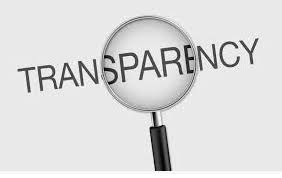
In this regard, I wish to make an appeal to members of the PSOJ, of civil society organisations, church organisations, and most of all the media. Own your biases! Do not attempt to hide behind some charade of objectivity and neutrality as you engage in public discourse. You can be a member of an organisation and be critical of what it does while being loyal to the organisation. But beyond loyalty to the organisation, I would urge the demonstration of loyalty to Jamaica.

In this regard, I wish to make an appeal to members of the PSOJ, of civil society organisations, church organisations, and most of all the media. Own your biases! Do not attempt to hide behind some charade of objectivity and neutrality as you engage in public discourse.
In this regard, I again invite Keith (now publicly, as I have done privately) as well as other leaders in the public and private sectors, to ask yourselves these questions:
- What kind of society do you wish to create?
- What behaviours (silence, words, deeds) do you think are supportive of the attainment of such a society?
- Are you willing exercise the courage and personal discipline to behave in such a manner that you contribute to the creation of such a society?
- Whither alignment between values and vision?
Canute Thompson is Professor of Educational Policy, Planning and Leadership, Pro Vice-Chancellor – Undergraduate Studies and Director of the Caribbean Centre for Educational Planning at The University of the West Indies, a social activist, and author of eight books and twenty journal articles.
Professor Thompson has earned several awards. Among them, are eight UWI Principal’s Awards – two for Best Publication (Article Category) in 2019 and in 2020 for his book, ‘Reimagining Educational Leadership in the Caribbean’; three for Most Outstanding Researcher (2020, 2021, and 2024); two in 2023 on behalf of the CCEP – for Research Activity generating the most funds and Research with the most Development Impact, and one in 2024 for Research Activity generating the most funds. In 2022 he was awarded a bronze medal in the Independent Publishers’ Book Awards, for his 2020 book, Education and Development: Policy Imperatives for Jamaica and the Caribbean.
